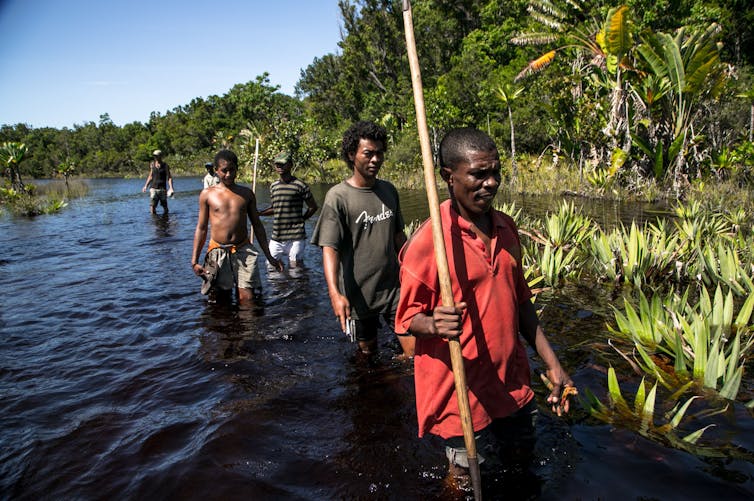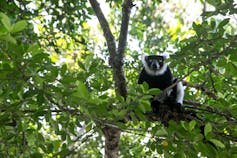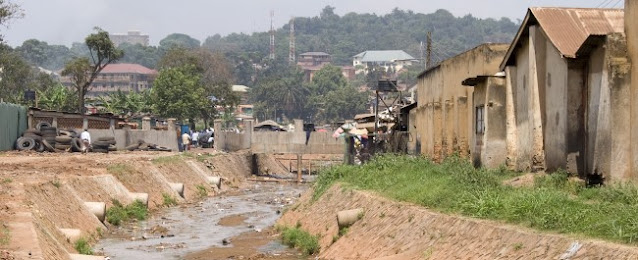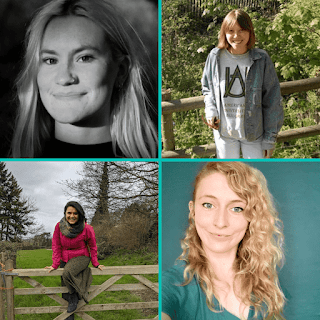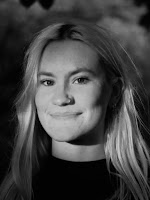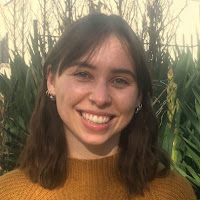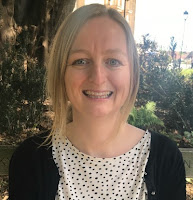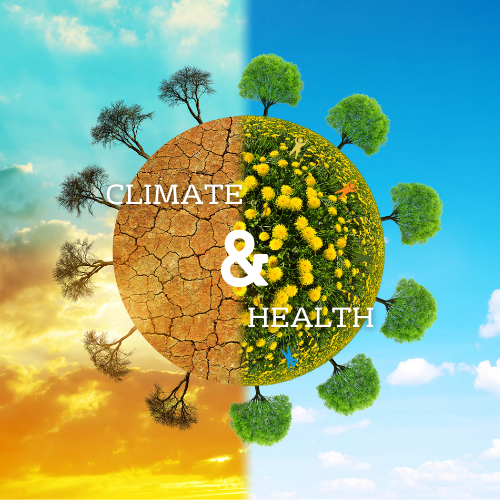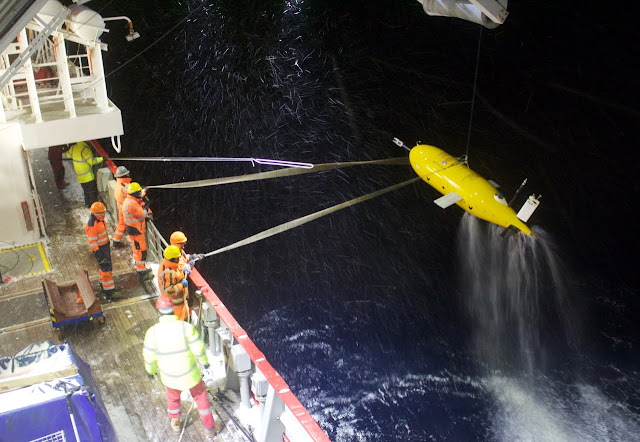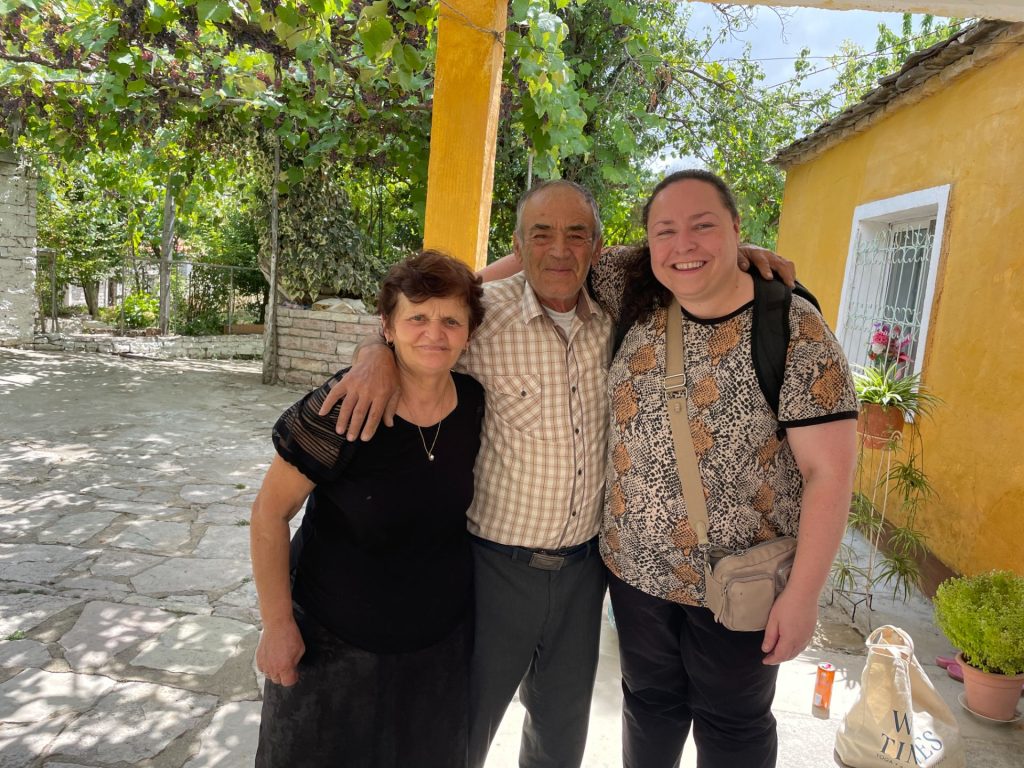
In 2022, I made my fifth visit to the village of Nivica in the heart of the Kurvelesh mountainscape. It was a quick trip for lunch and to say hello to the community that has made me welcome there since 2017. Upon visiting the house of the first couple who hosted me, I was greeted with hot tea, sharp raki and sweet cakes. The older couple, Bame and Trendefille, cannot stop themselves from treating me like family. They embrace me. They take my hand to lead me to the indoor seating area. They hug me constantly.
Just a week before the visit I lost my father after a long and terrible illness. There was something profound about feeling so loved in a familiar domestic setting. I was different now. How I received their outpourings of love felt more meaningful than ever. When they asked about my father they were heartbroken to hear of his death. Both my parents were invited innumerable times by the couple, but there was never a chance my mother would make the trip up the wild rocky roads!
During the visit they shared stories of time together with my travel companions. My ego was certainly entertained by their generosity of spirit in these retellings. Amongst their chats, the man of the house said something so lovely and unexpected that I was left speechless. He said that I am Kurveleshi – that is, I am of the Kurvelesh, I am one of them. Coming from one of the most respected members of the community, it meant the world to me.
To be of the Kurvelesh means a lot of things and will be different depending on who you ask. What seemed to be important to Bame was that I showed respect. Concepts like Besa and Kanun are important in the region. The former is all about keeping promises and acting honourably, like a pledge to do right by people. The latter is an overarching customary law governing all aspects of traditional life, passed on through oral tradition for centuries. The Kurvelesh is the last remaining area where Kanun survives beyond the Ottoman era and into the modern age.
Bame compared my team of archaeological researchers to other foreign groups from a range of disciplines. He said we were different, we embraced the mountains and the local culture. We took a different mindset into our research practice that included the community in both personal and professional terms. It is not an exaggeration to say that the team feels like Kurvelesh is a second home. It is no longer a remote foreign place full of the unknown. For us, it is now a place of familiar and familial faces and friendships.
We love the people of the mountains and they love us back.
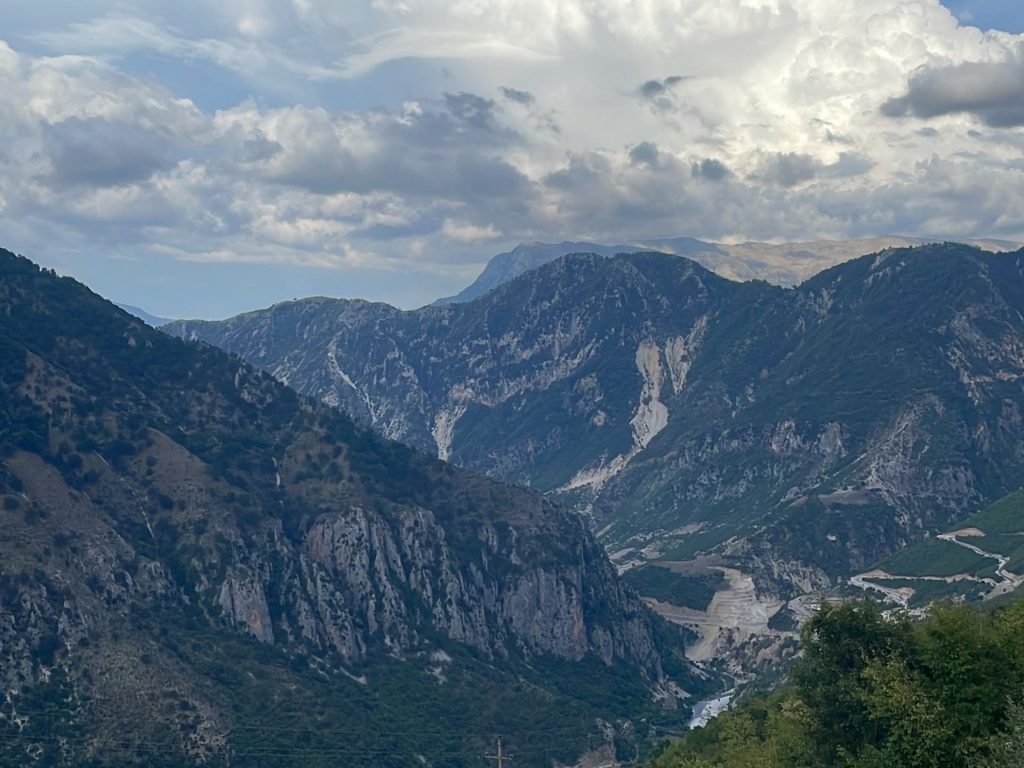
One of the most unexpected comments I received was why my team laughs so much! We are a jovial bunch, always singing and joking around. It seems less easy to laugh in the Kurvelesh. Life has been hard in the wake of Communism, which is still a sensitive subject for most of the older community. People do not like to talk about their experiences in forced labour groups and the suppression of cultural traditions. We do not push the subject. Like much of Albania, this is also a site of several war fronts, not least of which saw the razing of the whole village by the Greeks in 1913. Remnants of these warfronts constitute a large body of our collection of artefacts from fieldwalking surveys. These objects tell stories themselves. The bullet casings from one misfiring gun are found in several locations adjacent to the modern village. Decorative uniform badges are found in local fields. Artillery shells and rusted guns are even collected and hung on display in homes and the single village café. The past is visible, even if it is unspoken.
We also received comments about how the team is managed. Curious locals asked me how I get my team to work without shouting at them. They were surprised that we were all volunteering our time unpaid and at our expense to investigate local heritage. The fact that we were not renumerated seemed to change their perspective on our intentions in a positive manner.
The community were outwardly pleased that we were fully open about our research. They talked about their assumptions about foreign groups and how the archaeology of the country has been pillaged by others. Our efforts included welcoming anyone to visit the site at their leisure. We were frequently visited by the young and old alike, sometimes as a detour from a walk or while passing with a herd of goats to laugh at us working in the rain. We made our work even more visible by taking finds for cataloguing to tables in the local café, so that the whole community could see everything we had and how we worked with it. Informal lessons and visualisations helped the community to understand the breadth of our work. They were delighted to learn of our multi-period approach and began to bring objects for us to record.
Over time, the community began to trust us. Through friendships and openness, they could see we were there for the right reasons. One local man showed up one day with a purple plastic bag filled with pottery sherds and bronze coins. He allowed us to photograph and record them onto our database. Every item was handed back to him the next day in perfect condition. This happened a few times. Each instance proved we meant what we said – we were not there to take anything, we were there to observe, learn and record only. At the end of each season, we handed all the finds to the local leadership for storage, with some pottery samples collected by the national Institute of Archaeology for their archives.
The community were also surprised that we value their knowledge and insights. We were positively enthused when offered tours of sites that might interest our archaeological endeavors. Every suggestion and prompt from the community was cherished and integrated into our research, valued as of equal value to anything considered more “academic”. This respect for local knowledge also helped our reputation.
The reports compiled after each season were hugely beneficial in communicating the value of the compiled data. They included drawings and maps that showed the community how the data comes together to tell their stories. They were also keen to see how we used LiDAR and drone imaging with our GPS records to map concentrations of finds across the landscape. The visual stories transcended linguistic barriers and helped everyone see why our work was useful and relevant to them. For example, local B&B owners typically spend the most time with visitors and our data is helpful in conveying the history of the landscape to those eager to learn, whether domestic or foreign. The community hopes that the information plaques that we have contributed to and walking trails supported by other international groups, created in recent years, will help foster better understanding of their local history. In the future, they will create a museum featuring artefacts collected by us and the community alike.
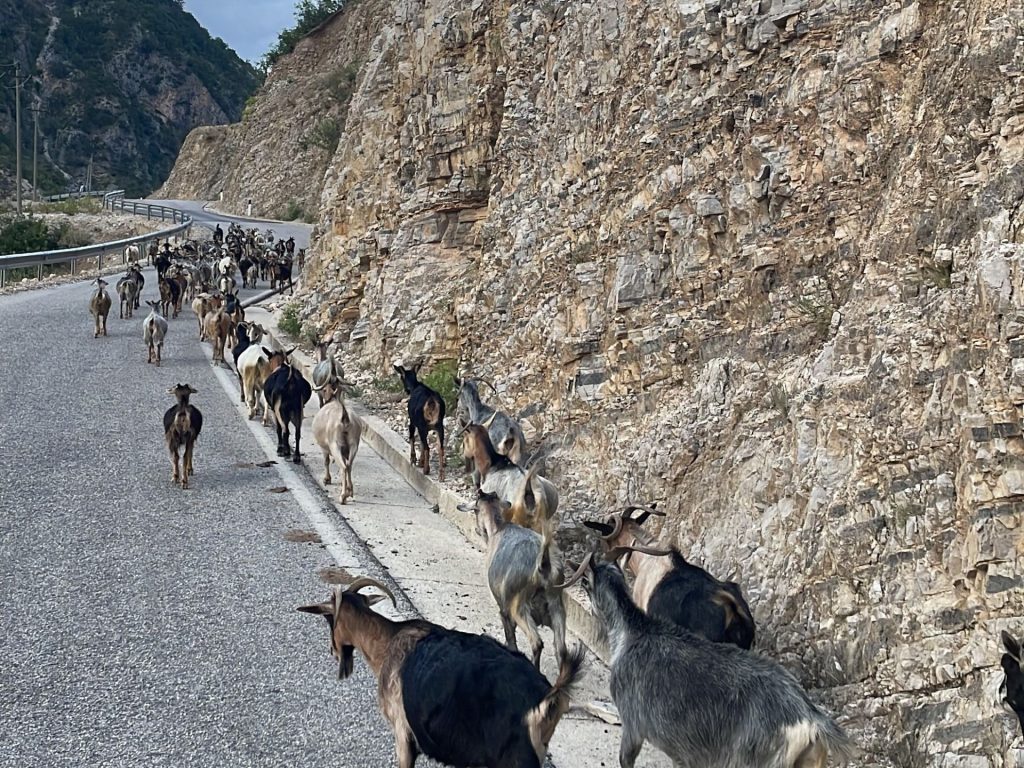
What makes our research fieldwork a bit different than most is that we take with us interdisciplinary perspectives. The Sustainable Development Goals (SDGs) are the lens by which we evaluate our work and contributions. This maps well onto local and national initiatives that seek to offset long-standing issues facing mountain communities. These issues include depopulation, losing traditional intangible cultural heritage, lack of attractive jobs, and environmental sustainability. Our heritage story is a small part of a much bigger picture. Rather than consider our work on our terms, we embrace domestic value systems and methods of seeing value.
One of our team has undertaken a project interviewing the community about their lives and experiences culminating in an MLitt dissertation, How do rural communities negotiate the legacy of a contested landscape in contemporary southern Albania? (A. Donnelly 2020, 95pps). Her work explores the landscape, agricultural practices, ethnobotanical knowledge, local recipes, conflict and rebellion, unique worship practices, folklore, and music. A taught masters student also produced a dissertation, How can social media function as a tool for initial tourist development? Lessons from rural Albania (R. Sanders 2020, 77pps). Her research reviewed the multivocality of tourists, the power of word-of-mouth marketing, and authenticity of touristic experience as demarcated by local business owners. Other outputs include fieldwork reports in 2018 (Tierney et al. 131pps) and 2019 (Tierney et al. 41pps), and multimedia engagement through public-engagement videos and at conferences. Additionally, I have integrated learnings from fieldwork into both undergraduate and postgraduate teaching at two universities. Several peer reviewed papers are underway and will be published soon. They include a comprehensive overview of the SDGs at Nivica, fieldwork survey analysis and artefact analysis.
In academia, quantifiable outputs and impacts are championed. Even in the realm of public engagement academic discourse, the value of authentic, deep and personal trusting relationships are muted. For me, hearts and minds in a framework of respect are worth more than anything else. If our research work enables us to contribute positively to a community that we adore, then our work is a success. I am optimistic that this personal narrative helps to contribute something to how we view ourselves as fieldwork researchers in relation to the places and communities that we encounter and, hopefully, embrace. In a world replete with mental health strain and professional angst, as the higher education system pinches more and more, there are things more valuable than traditional academic milestones. It is one thing to love one’s work, it is another to be truly loved back by the people we work for.
———————————
This blog is written by Cabot Institute for the Environment member, Dr Aisling Tierney.


